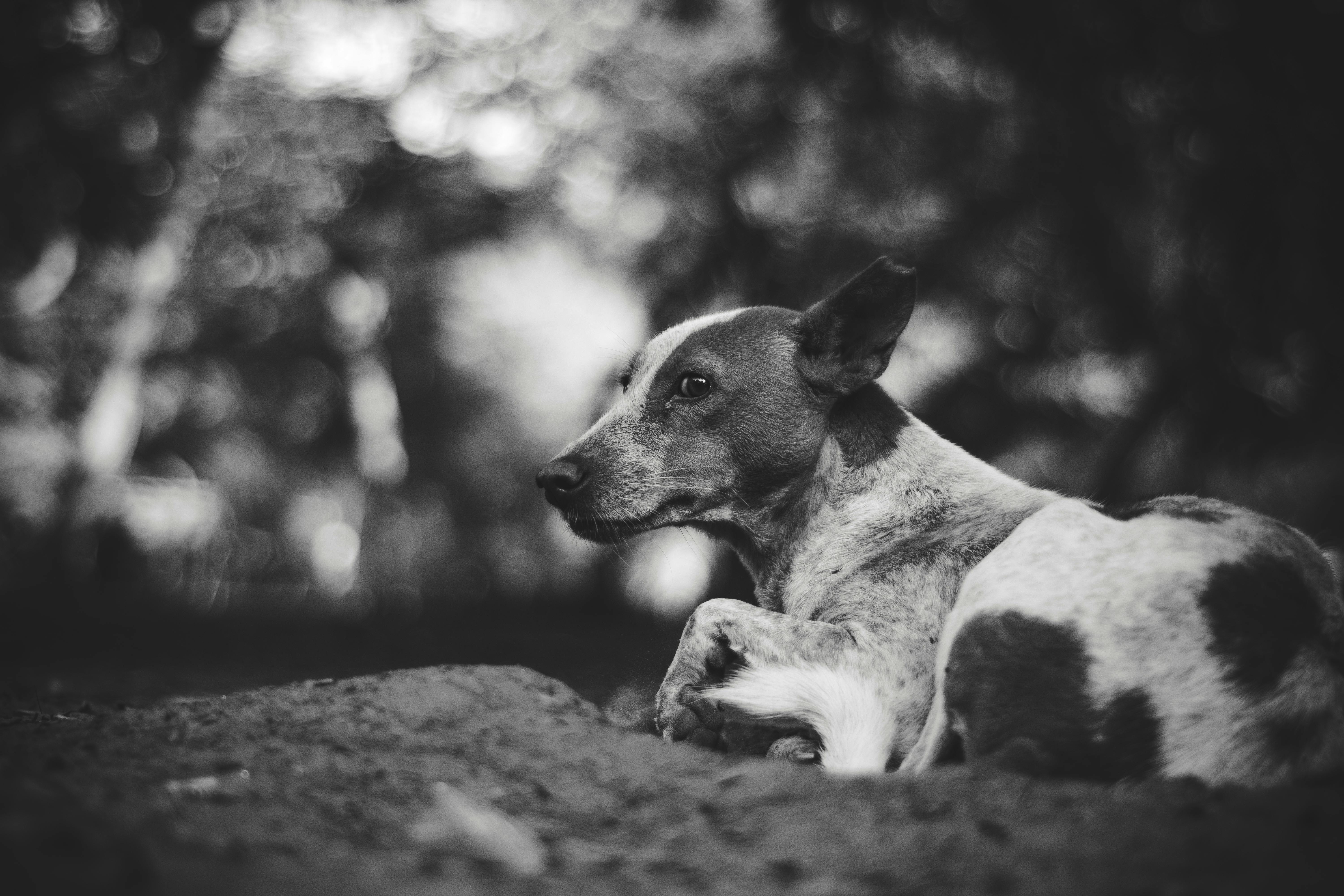Understanding rabbit behavior is important to having a successful relationship with one. Rabbits are often seen as lovable stuffed animals and many people, especially children, view them as an ideal pet, often with poor results. Rabbits make wonderful pets, but unlike cats and dogs, they have a unique way of communicating primarily through body language and sometimes verbally. They can also understand some human words, but mostly respond based on your tone of voice and body language. Once you learn their language and basic care requirements as well, you’ll be on your way to a pleasurable experience as a rabbit owner.
It helps put the instinctive position of rabbits in the wild into perspective. Rabbits are prey animals, therefore they are constantly on the lookout for danger and ready at any moment to take action to avoid predators. They live in social communities called Burrows and develop a hierarchy based on dominance, as far as your rabbit is concerned you are also a rabbit and you will have to establish your place in the Burrow. Rabbits are also very territorial and will defend their territory against invaders.
To understand your pet’s behavior, you’ll need to learn the many ways they communicate. Sometimes your rabbit’s expression can mean very different things, so you’ll have to make some interpretation based on your experience with your rabbit.
Smell: may be upset or just talking to you
Grunts: Usually angry, be careful or you might get bitten!
High-pitched scream – Wounded or Dying
Spinning with the feet: It can be part of a courtship dance or a way to attract attention. If other aggressive indicators are displayed, for example, a raised tail and backwards ears, an attack is about to occur.
Chewing – is a natural behavior. This keeps your rabbit’s teeth clenched and it’s instinctive to keep any obstructions (electrical wires, etc.) from encroaching on the entrance to his burrow.
Spraying: Males that are not neutered will mark female rabbits in this way, as well as their territory. The females will also spray.
Chin: Their chin contains scent tassels, so they rub their chins on items to indicate that they belong to them. Just like a cat rubbing its forehead against people and objects.
False pregnancy: Usually only unpaid females can build a nest and pluck their chest and stomach hair to line the nest. They may even stop eating like rabbits do the day before they give birth.
Bunny hop/dance: An upward jump with a half twist in the air and a twist usually executed mid-run. A sign of pure joy and happiness!
Begging: Rabbits are worse than dogs at begging, especially for candy. Be careful giving the rabbit treats as overweight rabbits are not as healthy as skinny rabbits.
Boxing – the rabbit stands on its hind legs with its paws raised and throws punches. Stay back or you’re gonna get it.
Territory droppings – Droppings that are not clumped together, but are scattered, are signs that this territory belongs to the rabbit. This will often happen when entering a new environment. If another rabbit lives in the same house this can always be a nuisance.
Flop – The rabbit literally flops onto its side, making it look like it just slumped over. You have a happy rabbit at ease.
Play: Rabbits like to push or throw objects. They may also run amok around the house, get on and off the couch, and act like a child who has consumed too much sugar.
Burrow: Tunneling behavior. Instinctive rabbits are burrow animals
Piling – Pushing, pulling and biting on bedding, towels, pillows. Organizing to your liking
Don’t Touch My Stuff: Rabbits are often upset when you rearrange their cage while cleaning. They are creatures of habit and when they do things well, they like to keep it that way.
Stomping – Is scared, angry or trying to tell you that there is danger (in his opinion).
Grinding the teeth: indicates satisfaction, like the purr of a cat. Loud grinding can indicate pain.
One of the joys of having a pet rabbit is fully experiencing all the behaviors your rabbit will exhibit as a happy rabbit. For your rabbit to be happy, it is important to know how to care for it and keep it comfortable.
